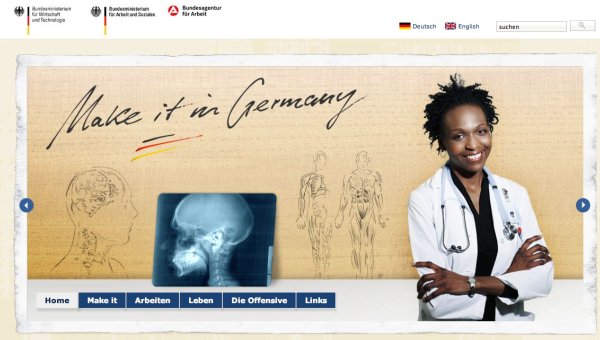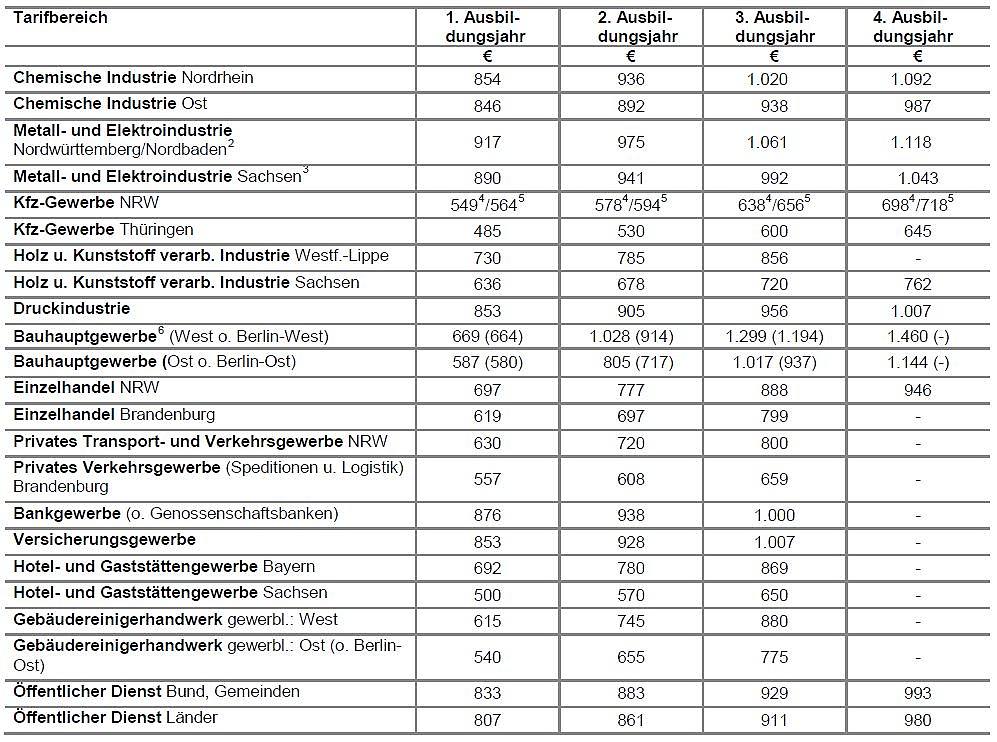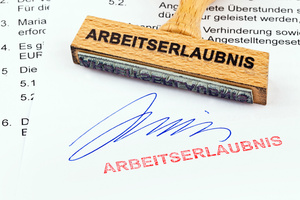As of this July, foreigners wanting to work in vocational professions in Germany must check whether their training is equal to a formal German traineeship, or Ausbilding. This process can be started from abroad.
“For many people [with vocational skills] the new rules have simplified the situation,” career adviser Heidi Störr told The Local.
If you trained and worked in your home country as a chef, make-up artist or a hairdresser for example, you can now get German authorities to recognize you as being on the same professional level as a trained native. This ausgebildete status will help employers and customers judge your skills.
Official recognition is also important if you want to set up your own business or study to become a Meister or master craftsman – the German vocational equivalent of a higher qualification.
Most foreigners searching for work in Germany do not need to bother getting their qualifications officially rubber-stamped. In many professions it is down to an employer to take a foreign degree or work experience into account.
“For most professions it isn’t important to get your qualification recognized,” Störr told The Local. “Anyone with qualifications in management, business, humanities, languages, communication, or anything like that really doesn’t need it.”
A wall of bureaucracy
But if you trained abroad as an engineer, lawyer, doctor or a teacher you may still face a wall of bureaucracy before you can continue your studies, work as a professional – or in some cases before you can translate your job title into German, said Störr.
Germany has 60 ‘regulated’ professions which are protected and restricted by law. In these areas foreigners must apply to a particular professional association or authority – often run on a regional level – to gain access to that profession.
If you are an EU citizen and gained your qualification within the European Union, this procedure is often just a formality, said Störr.
Whether you need to go through the recognition process depends on your profession, whether or not you are an EU citizen and for what you want to use your qualifications. These factors will also determine where you should apply to get your qualification officially recognized.
Who wants to be an Ingenieur?
Some ‘regulated’ professions forbid you to translate your job title into German unless you have permission. Engineers, for example, are by law not allowed to call themselves an Ingenieur unless they have submitted and had approved a separate application to their regional professional guild.
“If somebody has been an engineer abroad and they write an application in German, they are not allowed to write that they are an Ingenieur.” said Störr, whose job it is to advise foreign engineers relocating here.
“For most engineers who come here, the title Ingenieur doesn’t really matter, it’s more of a psychological thing,” said Störr, who added that you could always write your qualification in English as the English term “engineer” is not protected by German law.
No set rules
Good places to start are these government portals: Recognition Finder and Make It In Germany. A separate database of professional associations is available in German here.
The International Placement Service (ZAV) a wing of the Federal Employment Agency also provides advice for foreigners on getting qualifications recognised.
Josie Le Blond







